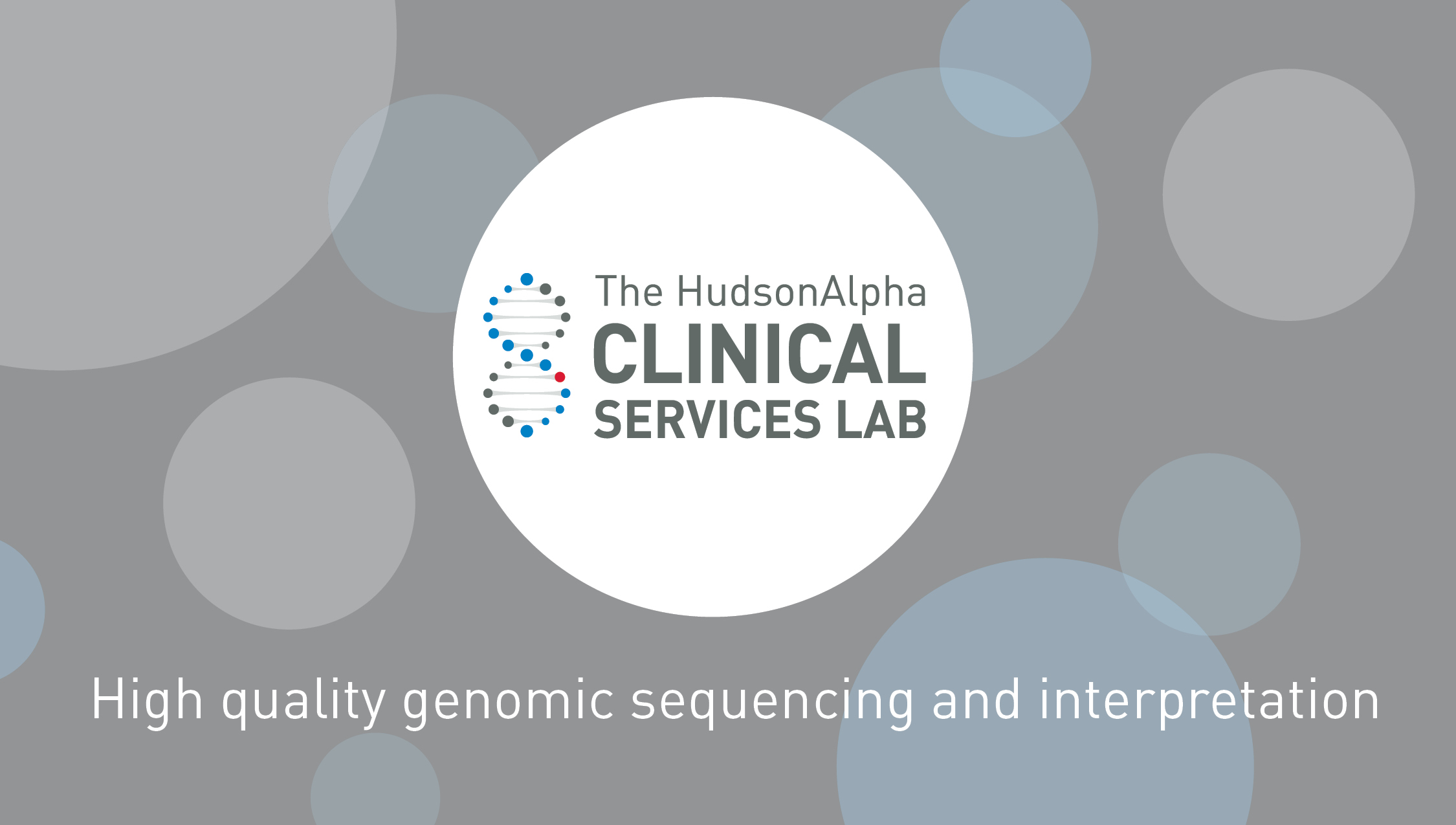Although the scientific and medical communities continue to learn more about the novel coronavirus each day, there is still little known about the risks for morbidity and mortality that this pandemic carries for different categories of genetic disorders. Accordingly, there are no specific recommendations for the diagnosis, management, and treatment of patients with genetic disorders during the COVID-19 pandemic.
Genetics centers have begun publishing accounts of their recent successes with continuity of care for patients with genetic disorders during the pandemic. However, these reports are from centers in upper-middle income countries with well-developed health systems. Such measures to facilitate continual care may not be applicable or feasible in low- and middle-income countries that lack structured health care systems. These countries have a low baseline of access to genetic care even when they are not in a pandemic situation. 
To address this disparity, HudsonAlpha Institute for Biotechnology Faculty Investigator Elaine Lyon, PhD, FACMG, director of the HudsonAlpha Clinical Services Lab (CSL), and Ghunwa Nakouzi, PhD, FACMG, associate director of the CSL, joined colleagues from the American University of Beirut to provide recommendations for the care of patients with genetic disorders in low- and middle-income countries during the COVID-19 pandemic. They presented nine recommendations in a paper published in American Journal of Medical Genetics- Part A last month.
“We hope that the recommendations we set forth will spark important conversations amongst leaders in the genomics and healthcare communities about establishing guidelines for the diagnosis, management, and treatment of patients with genetic disorders during this pandemic,” says Lyon. “Guidelines are important to protect and properly care for this vulnerable population during the pandemic. They help to avoid discrimination and to aid healthcare professionals with their treatment plans.”
For co-author Nakouzi, the study hits close to home. Originally from Lebanon, Nakouzi has worked with colleagues at the American University of Beirut over the past few years to highlight the burden of genetic disorders and address deficiencies in genetic healthcare in Lebanon and other neighboring low- and middle-income countries.
“The COVID-19 pandemic has exposed yet another layer of difficulties in delivering proper genetic care,” says Nakouzi. “We aim through this manuscript, to provide guidance to healthcare professionals in overcoming the current obstacles and to pave the way for a more efficient framework of genetic care, within poorly structured healthcare systems, during this pandemic or any future similar emergency situation.”
To read the full article, please follow this link.


